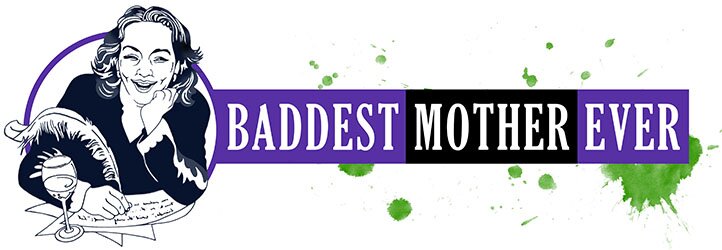Veterans’ Day and Memorial Day make me sad because my late husband, Richard, was not quite a veteran but his service to his country killed him.
His first career was as an aerospace engineer. He worked for the Army Research Lab at Aberdeen Proving Ground–a civilian who got a paycheck from the Army. This career happened years before we met. I asked him what exactly he did and he answered, “If something that flies blew up but wasn’t supposed to blow up–I investigated that. If something that flies didn’t blow up when it was supposed to blow up–I investigated that too.”

SCUD shot down by Patriot missile. Richard’s not in this picture. But this is what he did for the Army.
He went to Kuwait during Operation Desert Storm to document the performance of the Patriot Missile System (was supposed to blow up–sometimes did, sometimes didn’t, often blew up the wrong target). He even testified before Congress during the hearings about the Patriot.
I have snapshots of him in the desert, in Army camo, Army-issued sidearm and everything, standing next to SCUD missiles (the ones that didn’t blow up). He investigated the terrorist bombing of Khobar Towers in Saudi Arabia. He worked on the Blackhawk Down helicopter crash from Somalia. But he wasn’t a veteran.
His investigative work wasn’t limited to Army aircraft. In 2003 we were sitting in a hot tub in Bermuda at sunset and struck up a conversation with a lively couple. They were part of a large group, there for a family reunion. After a while, the wife revealed to us that they were there courtesy of Muammar Gaddafi, who had finally paid a financial settlement to the families of the people killed in the bombing of Pan Am 103 over Lockerbie, Scotland. They were one of those families who had lost a daughter 15 years before that night in Bermuda. Now that Gaddafi had paid millions in blood money, this couple were treating the people who had helped them survive their loss to a vacation. Richard tensed up beside me. After they left the hot tub, I asked him, “Did you work on that one?” He nodded.
On 9/11, he could barely speak through his rage–because he had worked on the investigation the first time terrorists had tried to blow up the World Trade Center in 1993. Now that they had finally done it, he was no longer in the game. He had moved on to being a business professor.
One year on Veterans’ Day, we were watching the broadcast of the laying of a wreath at the Tomb of the Unknown Soldier. I shed a few tears. He sat stoically, holding my hand. I asked, “Doesn’t it make you sad?” He answered, “It is sad. But it also makes me proud that I did my part. I helped.”

Hemophagocytic histiocytes in bone marrow
Thirteen years passed since those days when Richard traveled the world wearing Army fatigues, getting an Army paycheck, on Army transport…but not a veteran. When Richard developed a viciously aggressive form of leukemia at the age of 37, his doctors concluded that the cause was most certainly benzene exposure. Why were they so sure? Because the damage to his chromosomes was so severe that it couldn’t be a fluke. Because 13 years is the incubation period for that kind of leukemia. Thirteen years earlier, he had been blowing up or reassembling all kinds of aircraft. And aircraft fuel is high in benzene. The office that Richard worked in, investigating all those explosions was situated in a converted aircraft hangar. When the Army Research Lab converted the space to a laboratory, they didn’t bother to dig up the old fuel tanks or test the soil to see if it was contaminated.
If he had had any other job, he wouldn’t have died. If he had even had a different office, he wouldn’t have died.
All that work he did keeping our soldiers safe killed him. That’s why I feel conflicted on Veterans’ Day. I wish he had heard “thank you” for the work he did. Or “we’re sorry” from the Army. I am proud to know there are soldiers who have made it home because of something he figured out in that lab. He gave his life in that lab.

